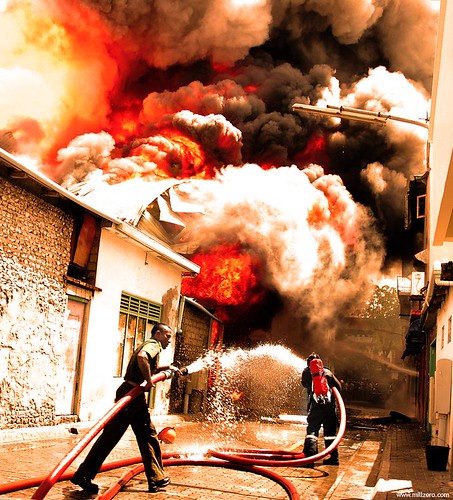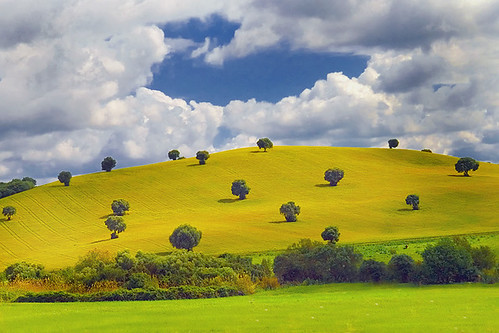A bit more politics. First, above, today's much talked about clip featuring Hillary's "tears" at a campaign event, which, if I read the blogs right, has brought all the sharks out. Oh, get over it. In fact, I thought Hillary responded very honestly and eloquently to the question posed, showed some emotion, and let's move on, people. The amount of dumb, fuck-up things candidates say on the road, as a result of campaign wear or sheer stupidity, Hillary should be allowed a moment of exhaustion and emotion.
Second, the clip below, in which Hillary vents a bit of frustration at being painted as the establishment candidate, versus the candidate(s) of change. One, I have to empathize with Clinton -- she's worked long and hard in her political career caring about the right issues, and working for positive change, and up against hard odds all the while, and in the narrow-vision game of politics, it must be just a nightmare to have worked the right side of the line, and one day wake up to find that your on the wrong side, through little fault of your own. Two, the one valid criticism of Obama that I think can continue to play out in the primaries is his actual inexperience in governance. It would be easier to palate, of course, if Hillary or Edwards had more than a couple of years experience on Obama, as executives or Senators, which they don't. But it is one of the very few lines of attack that would concern me about, say, a McCain-Obama match-up (and what a strange article about that very real possibility over at Slate.com!)
My favorite part of that clip? Bill Richardson running for the Vice President nod by amicably swiveling around in his chair like a ten-year old with ADD. But, Hillary, "false hopes!" Ooh, that'll get you in trouble sooner or later.







